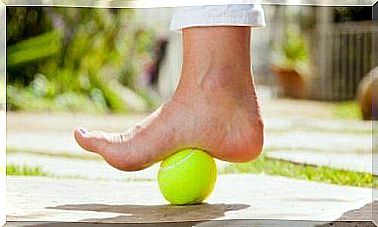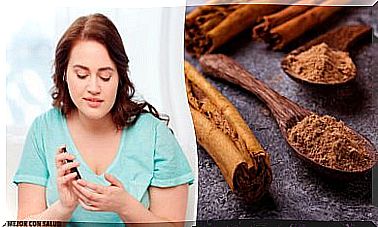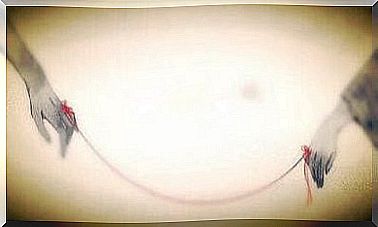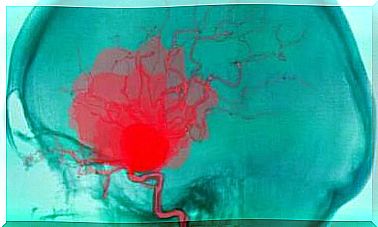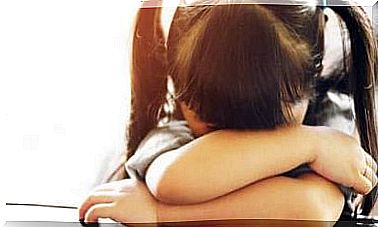Children’s Urinary Incontinence And Bedwetting
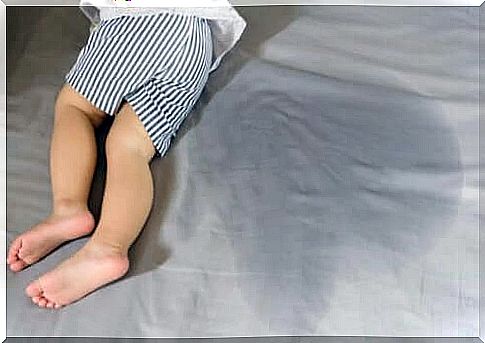
Urinary incontinence in children at night, i.e. bedwetting, which thus means involuntary urination at night, is also known as noctural enuresis. Those who suffer from this ailment are usually children who water their beds while sleeping at night, and this happens at an age where it should no longer happen. However, urinary incontinence in children is not necessarily limited to night time.
In order for this unfortunate problem to be classified as a disease, it must recur at least twice a week for at least three months in children over four years of age.
Incontinence is more common in boys. According to the American Academy of Pediatrics (AAP), children with prolonged urinary incontinence often have low self-esteem. It is often agreed that bedwetting decreases as children grow older.
Urinary incontinence and bedwetting in children
Reasons for bedwetting
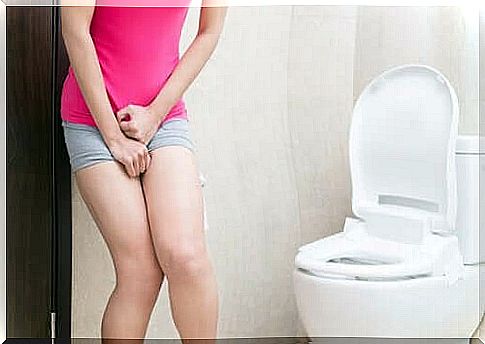
There is no unequivocal reason for childhood urinary incontinence, but several factors can influence its onset:
- Small bladder: In this case, the bladder is not sufficiently developed and cannot contain urine.
- Inability to detect bladder filling: This can happen to children in deep sleep who do not wake up when the bladder is full. It can occur because the nerves that control the bladder are not sufficiently developed.
- Hormonal imbalance: This occurs when a person does not produce enough of the antidiuretic hormone, or vasopressin.
- Urinary tract infection: In the case of urinary tract infection, in addition to involuntary urination, there is also pain and the urine is reddish or pink.
- Sleep apnea: Sometimes involuntary urination is a sign of obstructive sleep apnea. It is a disease in which a child’s breathing is interrupted during the night.
- Chronic constipation: The same muscles are used for urination and defecation. If a person has chronic constipation, the functioning of these muscles may be impaired, which contributes to bedwetting.
In addition to the reasons mentioned above, the ailment is often hereditary in nature. Thus, if one of the child’s parents has suffered from bedwetting in childhood, it is more likely to occur in the child as well.
It is also worth mentioning that stress can lead to bedwetting in children.
Symptoms and consequences
Urinary incontinence in children is not dangerous to health as long as the cause is not physical. Its main symptom is involuntary urination. It usually occurs at night (which is why it is called bedwetting) and at least twice a week.
The secondary effects of the ailment are psychic in nature. A child or other person with a discomfort may feel ashamed or his or her self-esteem may decrease as a result of the problem. For this reason, it is important to be patient with the child and reassure the child that the ailment will disappear over time.
If bedwetting instead is due to a physical problem, it can cause some complications. In addition, sleeping in wet underwear can cause a rash in a child.
Consider using the diaper with your child at night.
Urinary incontinence in children: treatment and precautions
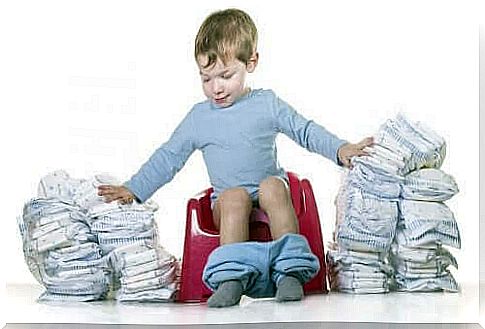
Children with ailment should get used to using the toilet at regular intervals during the day and night. This is to prevent bedwetting.
Although the problem usually disappears as the child grows, it is a good idea to make changes to the child’s lifestyle, for example, by restricting fluid intake before going to bed.
If this does not help, your doctor may teach you to use an irrigation alarm. Such a device has a humidity sensor, which, when wet, turns on the irrigation alarm and wakes up the child.
Only consider medications as the last straw. In addition to the harmful side effects, they merely delay urine production at night and calm the bladder.
In addition to these, there are several different precautions to treat this little problem:
- Encourage the child to visit the toilet at least twice before going to bed.
- Encourage and Remind the child to visit the toilet approximately every two hours.
- Prevent a rash by helping your baby wash up first in the morning.
Although urinary incontinence and bedwetting in children is a common ailment and disappears as the child grows, it may remain on in some cases. This requires a doctor’s appointment.
